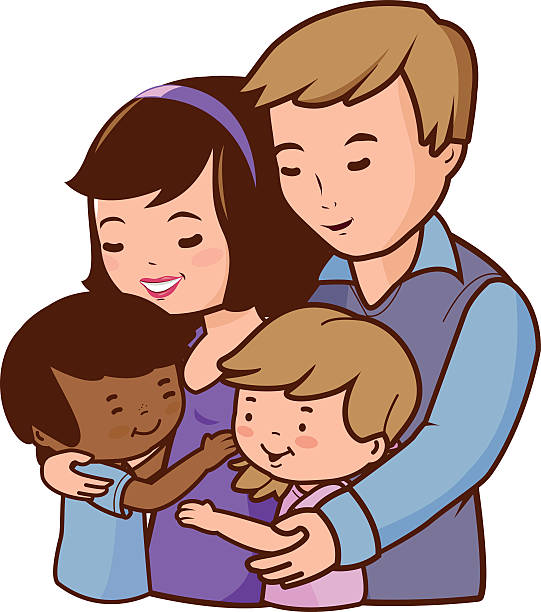
Learn more about adoption aside from its effects: CONSENT IN ADOPTION CASES
-
Adoptee refers to the child or person that was legally adopted
-
Adoption sever all legal ties between the biological parent(s) and the adoptee
-
Parental authority is one of the effects of legal adoption
My parents did great and provided well, and gave all their kids personal, moral, ethical values, not a belief that we were entitled to something.
– Bonnie Hammer
“We are mindful of the fact that adoption statutes, being humane and salutary, hold the interests and welfare of the child to be of paramount consideration. They are designed to provide homes, parental care and education for unfortunate, needy or orphaned children and give them the protection of society and family, as well as to allow childless couples or persons to experience the joys of parenthood and give them legally a child in the person of the adopted for the manifestation of their natural parental instincts.”
In our previous articles on domestic adoption and consent in adoption cases, we have discussed that for adoption to take place, written consent of the concerned person(s) must be obtained. Assuming that all the requirements were complied with including the necessary written consent and the petition for adoption was granted, what now are the effects of adoption?
The law says:
First, except in cases where the biological parent is the spouse of the adopter, all legal ties between the biological parent(s) and the adoptee shall be severed. The parental authority which was supposed to be exercised by the biological parent(s) to his or her child shall now be vested and exercised by the adopter(s).
In a case decided by the Supreme Court, parental authority includes caring for and rearing the children for civic consciousness and efficiency and the development of their moral, mental and physical character and well-being.
Second, the adoptee shall be considered the legitimate son or daughter of the adopter(s) for all intents and purposes and as such is entitled to all the rights and obligations provided by law to legitimate sons or daughters born to them without discrimination of any kind. To this end, the adoptee is entitled to love, guidance, support in keeping with the means of the family. Also, while it is true that when the child reaches the age of emancipation-that is, when he attains the age of majority or 18 years of age-emancipation terminates parental authority over the person and the property of the child, the child is still considered a legitimate child of his parents. The same goes between the adoptee and the adopter.
Third, adopters and the adoptee shall be considered an heir of each other, with or without a Will. However, the adoptee and his or her biological parent(s) may inherit from each other through a Will.
Please see also our related article on hereditary rights of an adopted child.
Alburo Alburo and Associates Law Offices specializes in business law and labor law consulting. For inquiries, you may reach us at info@alburolaw.com, or dial us at (02)7745-4391/0917-5772207.
All rights reserved.
SUBSCRIBE NOW FOR MORE LEGAL UPDATES!
[email-subscribers-form id=”4″]


